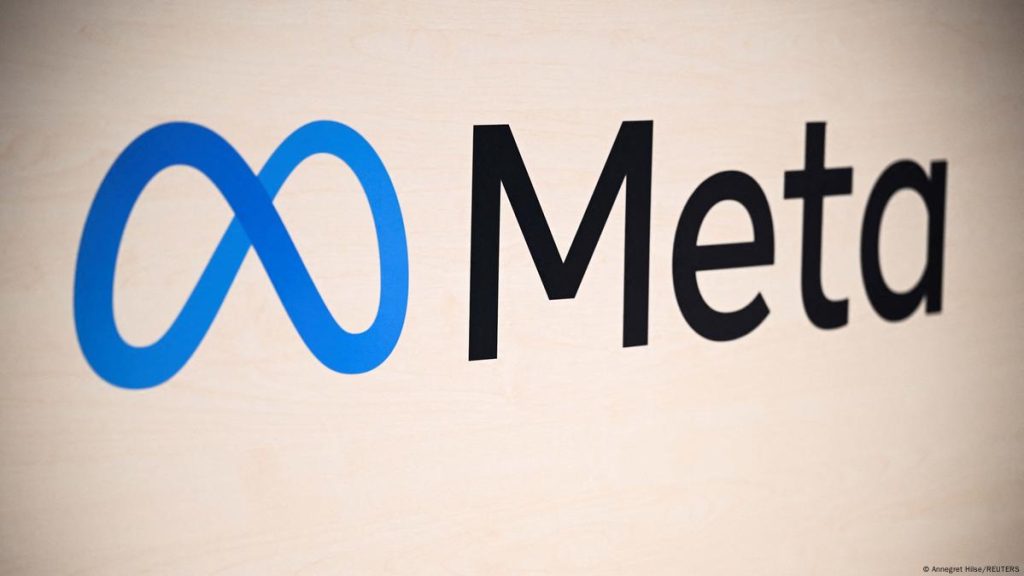Meta’s oversight board co-chair Michael McConnell remarked that the corporation appears to be “caving” into political pressures by discontinuing its fact-checking initiative.
In an interview with NPR on Friday, Stanford University law professor McConnell expressed his desire to see changes made during “less contentious and partisan times so that they would be considered on the merits rather than looking like this is, you know, Donald Trump is president and now they’re caving.”
Following CEO Mark Zuckerberg’s November dinner at Mar-a-Lago and just two weeks before President-elect Donald Trump takes office, Meta has made changes to its fact-checking programme.
Trump’s inaugural fund has received significant donations from tech titans like Meta, who have come under heavy fire from him in recent years.
McConnell stated that he was speaking for himself and not the board when he said, “I do think that there’s bad optics here.” “This appears to be giving in to political pressure.”
In a move reminiscent of Elon Musk’s X policy, Zuckerberg declared on Tuesday that Meta’s collaboration with outside fact-checkers will be replaced by user-generated “community notes” on Facebook, Instagram, and Threads.
The business also subtly revised its policy on hate speech, eliminating outdated prohibitions on posting some types of content, such as “women as household objects or property” and “transgender or non-binary people as ‘it.'”

In a video introducing the new policy, Zuckerberg said that fact-checkers had been too politically biased and had eroded more confidence than they had restored.
“What began as an inclusiveness movement has been used more and more to silence dissenting voices and exclude those who hold different views, and it has gone too far.”
Although there would be more bad information on the network, Zuckerberg admitted that the modifications would “reduce the number of innocent people’s posts and accounts that we accidentally take down.”
According to McConnell, board members were “surprised” by the official changes made to Meta’s hate speech policy.
Meta launched its fact-checking initiative in 2016 in response to allegations that it failed to prevent foreign actors—particularly Russia—from disseminating false content on its platforms.
Since then, Meta has been under fire for spreading hate speech, violence, anti-vaccination tales, and election-related facts.
Joel Kaplan, Meta’s recently hired Chief of Global Affairs, told Fox News on Tuesday that while Meta’s use of outside fact-checkers was “well-intentioned,” it nevertheless displayed an excessive amount of political bias.
After seeing Kaplan’s appearance, Trump subsequently claimed that Meta had “come a long way.” Trump is one of the Republicans who have attacked Meta for what they see as stifling conservative opinions.
According to McConnell, there is “pretty overwhelming evidence” that fact-checkers correct more stuff from right-wing users, but it is “a very difficult thing to measure” if such individuals disseminate more false information.”
The Meta monitoring board has been engaged in “active and vigorous debate,” he added.
The oversight board is a global organisation, and McConnell noted that Americans and people in other countries have quite different perspectives on free speech.
Additionally, the fact-checking programme has indeed been far more controversial and problematic in the US than it has been in other countries.
McConnell stated that he is unsure of the implications of this shift for the next elections or propaganda from foreign governments on social media.
He asserted that there isn’t a panacea for this issue. “But a lot of this has to do with where the information is coming from, not whether it’s true or not.”


